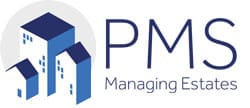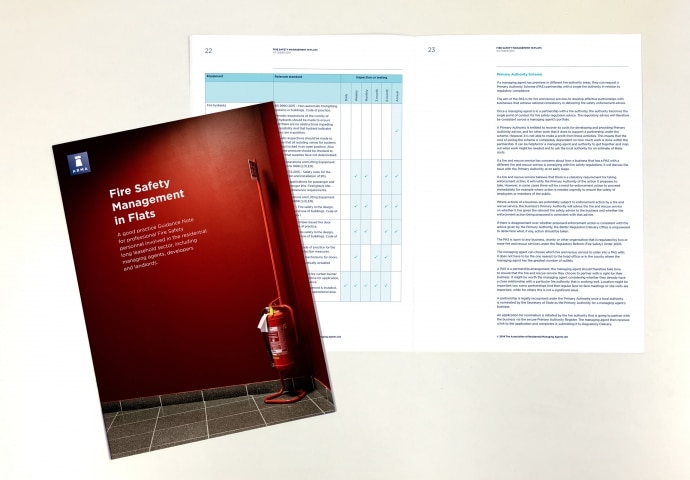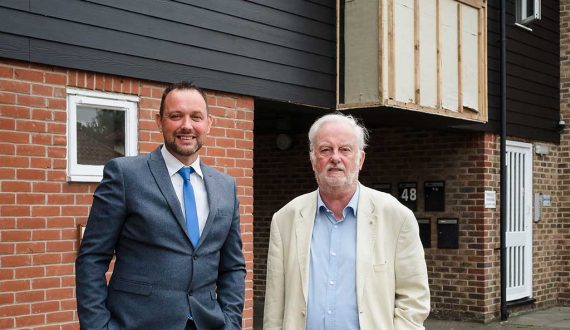This information may affect you as a leasehold property owner if you are thinking of selling, or re-mortgaging, your property.
The Grenfell fire of 2017 has had massive and far-reaching consequences to anyone who owns a lease of a property in a residential building.
In June 2018, the Barking Fire, which spread externally due to wooden balcony structures and completely destroyed 20 flats, switched the focus of fire safety from buildings with combustible cladding over 18 metres in height to all residential buildings of any height with combustible material on the external walls (including wooden cladding/boarding, balcony structures and balcony decking).
Due to the sheer scale of the Grenfell and Barking fires, the Government (specifically the Department for Communities and Local Government – the DCLG) attempted to move quickly to introduce stringent controls to require residential blocks of flats to conform to today’s building safety standards, rather than those when the building was first constructed. This was via the DCLG’s Advice Note 14 (AN14) issued December 2018.
For a residential block to be fully compliant with AN14, an External Wall Structure (EWS) certificate must be signed by a competent firm or individual. Due to the huge liability placed on the signatory of an EWS certificate, many professional indemnity insurers have been raising premiums and/or removing cover altogether. This has resulted in many licensed independent building inspectors and firms to simply refuse to sign EWS certificates altogether.
Unfortunately, and for this reason, AN14 has had unintended consequences as, since its release and mandatory adherence, some mortgage lenders are insistent that the AN14 standard is upheld before a mortgage is granted. In the absence of an EWS certificate, a mortgage lender may apply a £0 rating to the value of a flat to halt the mortgage administration process.
The DCLG, the Royal institute of Chartered Surveyors (RICS) and The Property Institute (the recent merger of ARMA and the IRPM) have formed a cross-industry group to try to find a way forwards to the £0 rating issue with leasehold property.
The TPI have a dedicated ‘Building Safety Hub’ on their website where property owners can download free guidance notes and documents.
You are strongly advised to visit this website and download the available advice leaflets if you are thinking of selling or re-mortgaging your leasehold property.
Please note that this will not affect every flat sale or re-mortgage; not all mortgage companies apply a £0 valuation in a flat sale situation, although it is widely regarded that where major lenders lead, smaller lenders follow. Additionally, not all residential blocks have combustible materials on the outside.
If you are in the process of selling your flat, PMS may have provided a sales pack to your solicitor enclosing a fire risk assessment. Unfortunately, we have no other control over mortgage lenders decisions, and at this present moment in time are somewhat powerless to assist other than to ensure that any recommendations made about potentially combustible materials on our managed blocks are dealt with.
If you do need to discuss this further, please do not hesitate to make contact with our team.



